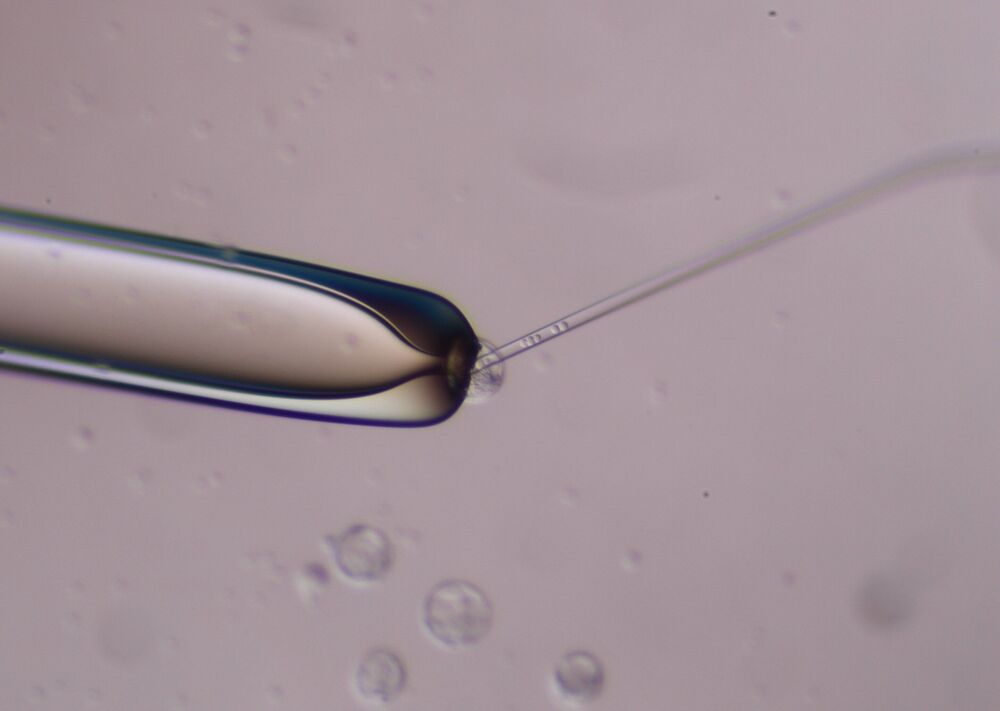A year after University at Buffalo scientists demonstrated that it was possible to produce millions of mature human cells in a mouse embryo, they have published a detailed description of the method so that other laboratories can do it, too.
The ability to produce millions of mature human cells in a living organism, called a chimera, which contains the cells of two species, is critical if the ultimate promise of stem cells to treat or cure human disease is to be realized. But to produce those mature cells, human primed stem cells must be converted back into an earlier, less developed naive state so that the human stem cells can co-develop with the inner cell mass in a mouse blastocyst.
The protocol outlining how to do that has now been published in Nature Protocols by the UB scientists. They were invited to publish it because of the significant interest generated by the team’s initial publication describing their breakthrough last May.









